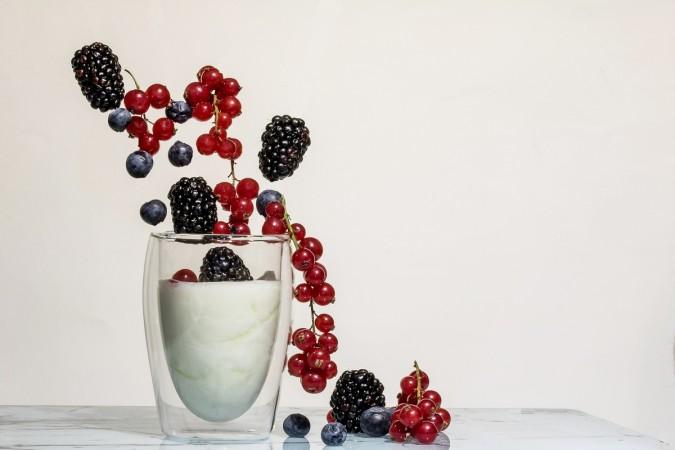Starbucks may not have, as yet, introduced 'potato latte', but Veg of Lund, the Swedish company and currently the only one selling potato milk commercially under the brand DUG, takes its potato drink seriously. Packaged in milk-like cartons and available in barista, original and unsweetened versions, this potato milk is the next big thing, some predict. Since it ticks off all the right boxes; soy-free, gluten-free, sugar-free.

So, what is potato milk?
Potato milk is made more or less like any other alternative kinds of milk known (coconut, oats, seeds, soy etc). The pulp obtained from the product in question is combined with water and a few other ingredients. In an interview with The Indian Express, nutritionist, Arooshi Aggarwal, explained, "Potato milk is made by heating and boiling the potatoes in water and then emulsifying it with rapeseed oil and other foods for calcium, pea proteins and chicory fibre. It is then fortified with different vitamins and minerals."
But, why potato milk?
Why would anyone want to switch to potato milk or even give it a try? Considering it is a late entrant in the world of plant-based milk, it must be the closest in terms of taste to dairy milk, guess some. While that is yet to be claimed by the producer or endorsed by drinkers, potato milk, is the most eco-conscious among all the eco-conscious milk.
In an interview with The Guardian, Thomas Olander, the CEO, of Veg of Lund, said the drink is "very sustainable" as it takes up far lesser resources to make a litre of potato milk. He also claimed that potato milk requires, "half as much land as oat milk and 56 times lesser land than almond milk for production."

Sweet potato milk sounds more retail worthy than plain potato milk. After scores of plant, nuts, grains and seed-based milk, is root-based vegetable milk the next big thing? Potato sure is if some members of the science community are to be believed. As per a 2020 research paper published in the special issue of The Regulation of Human Skeletal Muscle Metabolism by Nutrients Across the Lifespan, "potato protein is a high-quality, plant-based protein supplement that augments Muscle Protein Synthesis at rest and following Resistance Exercises in healthy young women."
Why is the classic, good old glass of milk being discouraged?
Milk has been an integral part of the human diet since times immemorial now. The one often cited to reluctant young drinkers as a rich source of protein, fat, calcium and Vitamin D. With changing times, redefined diets and dairy practices, milk has come to lost its culinary halo. Several studies show how inorganic milk has a much inferior nutritional profile.
A peer-reviewed 2019-study by researchers at Emory University, in collaboration with The Organic Center, found that a majority of the samples collected of conventional retail milk tested positive for residues of antibiotics and pesticides, some of which are even banned ones.
![[Representational image] cows,](https://data1.ibtimes.co.in/en/full/677193/cows.jpg?h=450&l=50&t=40)
When and how did milk become bad for the environment?
Then the source of milk, that is the dairy farms, have been on the hit list of green activists for a while now. Fairly acknowledged to be bad for the environment, dairy farms are particularly criticised for the greenhouse gas emissions that dairy cows and their manure produce. Deforestation and loss of biodiversity are some of the other consequences attributed to the dairy industry.
As per an article published in the World of Vegan, animal products are the most water-intensive foods on the planet and in the US, more than 50 per cent of all water consumption is used for animal agriculture. Each lactating cow has to drink 30-50 gallons of water every single day. Do the math with the total number of cows in the world! Compare that to potatoes now!

















